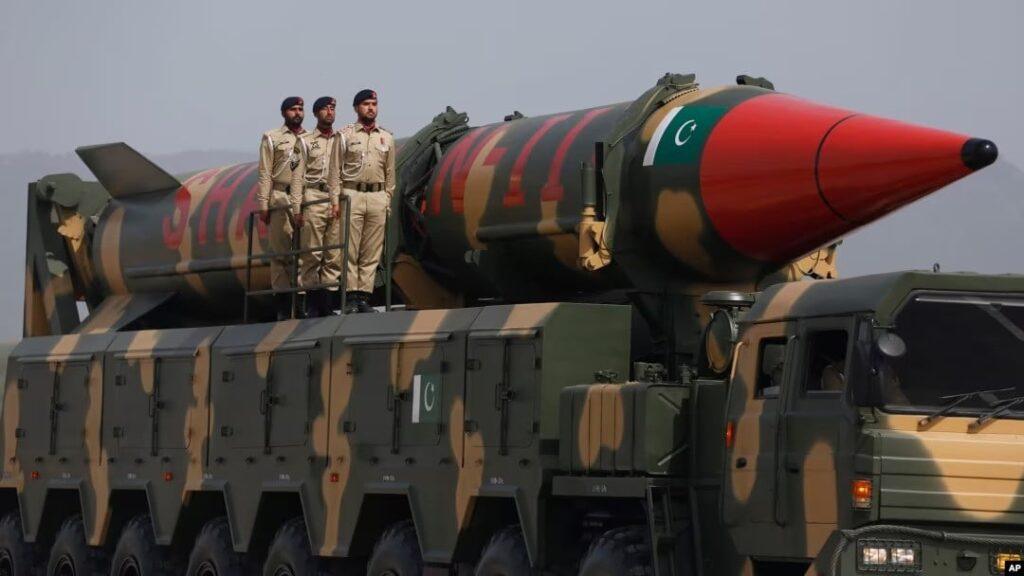The United States Bureau of Industry and Security (BIS) has added a dozen Pakistani companies to its unit list for their commitment to “USAFEGUARDED” nuclear activities, with another seven companies facing restrictions on their contribution to Pakistan’s ballistic missile program.
The move follows recent changes in US export administration rules (ear) and affects 70 units from China, Pakistan, Iran, South Africa and UAE, as reported on the US federal register site.
The listed companies are considered to pose a significant risk to US national security or foreign policy interests.
Among the Pakistani companies that are added to the list of their nuclear related activities are Britlite Engineering, Indtech International, Incorporated, Proc-Master, Rehman Engineering and Services and others.
The US government declared that these units “act as opposed to national security or foreign policy interests in the United States.”
The new restrictions will limit their access to US technology that requires additional licenses for export, re -export and transfers in the country involving these companies.
In addition, seven companies have been sanctioned for their alleged role in Pakistan’s ballistic missile program, including allied business concerns, global dealers and linkers automation. These companies are primarily based in Islamabad, Karachi, Lahore, Faisalabad and Wah Cantonment, even though they were not immediately available for comment.
In response to the sanctions, Pakistan’s Foreign Ministry criticized the move and called it “unfair” and politically motivated. Spokesman Shafqat Ali Khan claimed that these actions were counterproductive to global export control targets and prevented the country’s access to technology needed for socio -economic development.
The latest sanctions are coming as the relations in the US-Pakistan remain strained after the US withdrawal from Afghanistan in August 2021. The tensions were further escalated last week when the United States imposed a 29% mutual tariff on the imports of Pakistan. Analysts warn that this could affect Pakistan’s textile industry of $ 17 billion.
Pakistan’s Foreign Ministry has condemned the sanctions and repeated that the country’s strategic capabilities are crucial to defending its sovereignty and regional peace. The government plans to send a high -level delegation to Washington to discuss the new tariffs that Pakistan hopes could be exploited for an opportunity for mutual benefit.
The US government had previously imposed sanctions against Pakistan’s national development complex and several Karachi-based commercial units in December 2023. These actions have been criticized in a similar way by Pakistan, which insists that they are based on unjustified suspicion rather than evidence.



